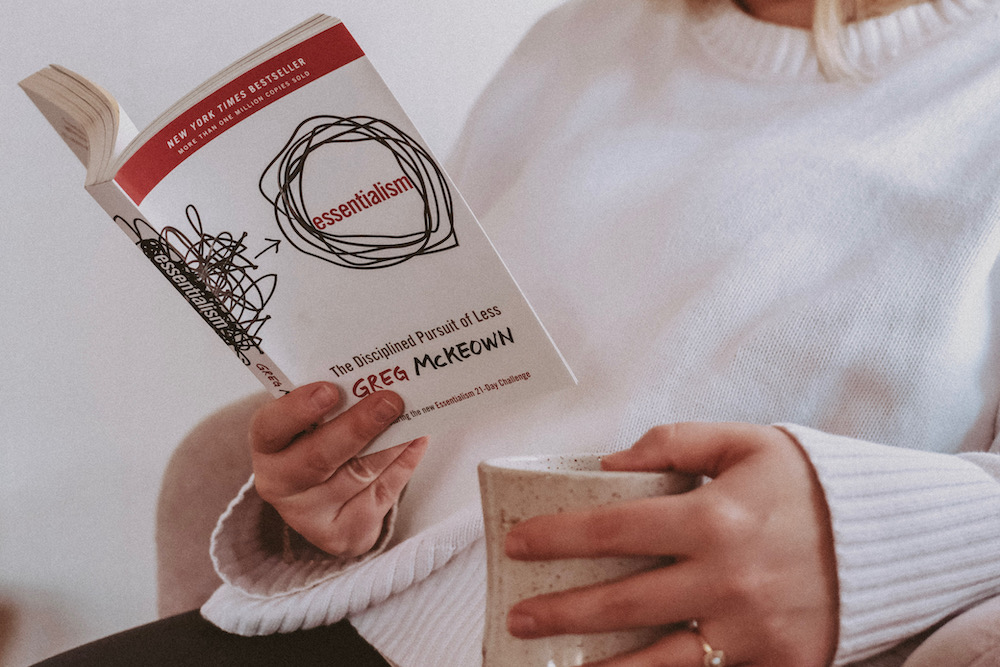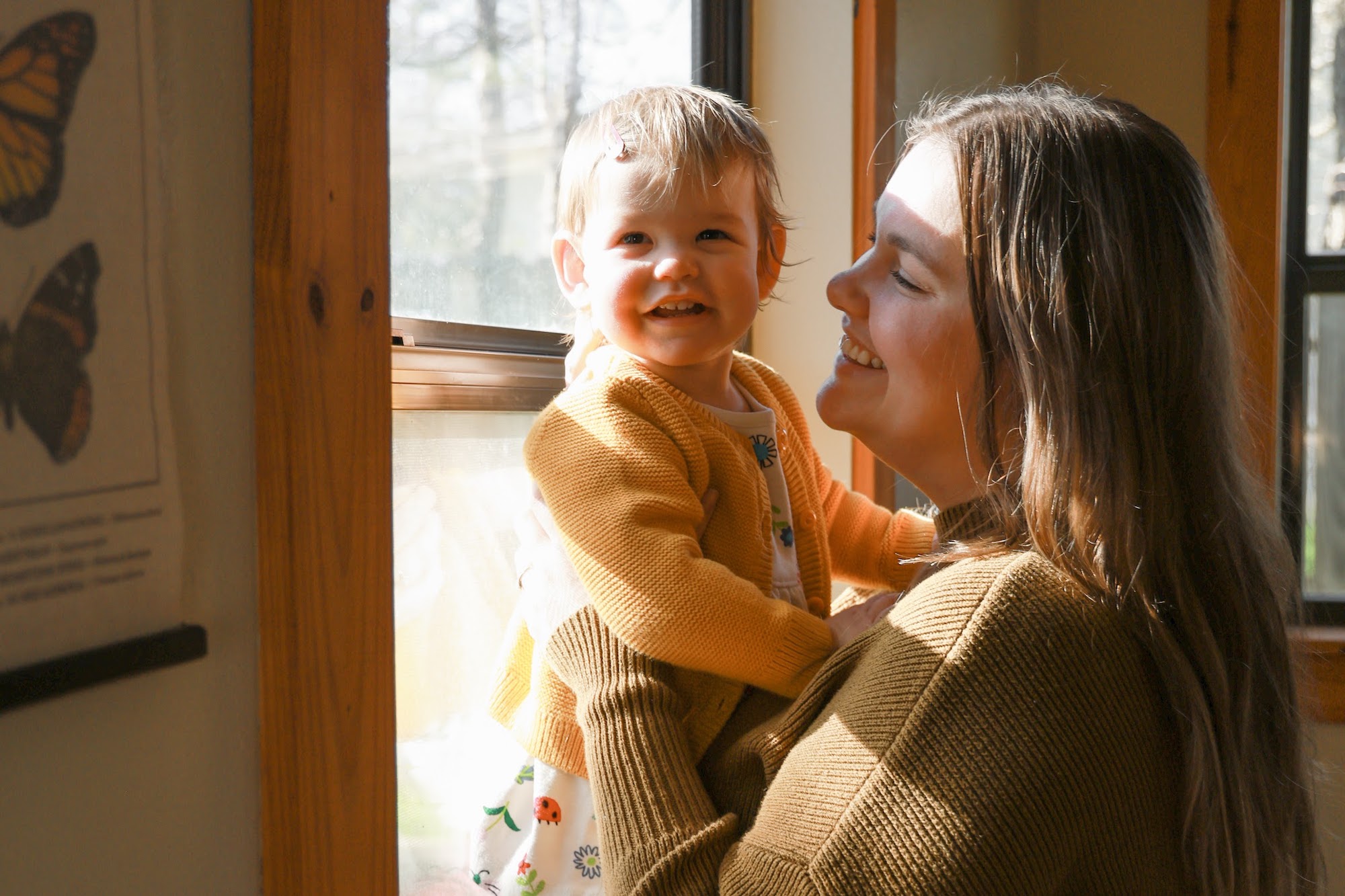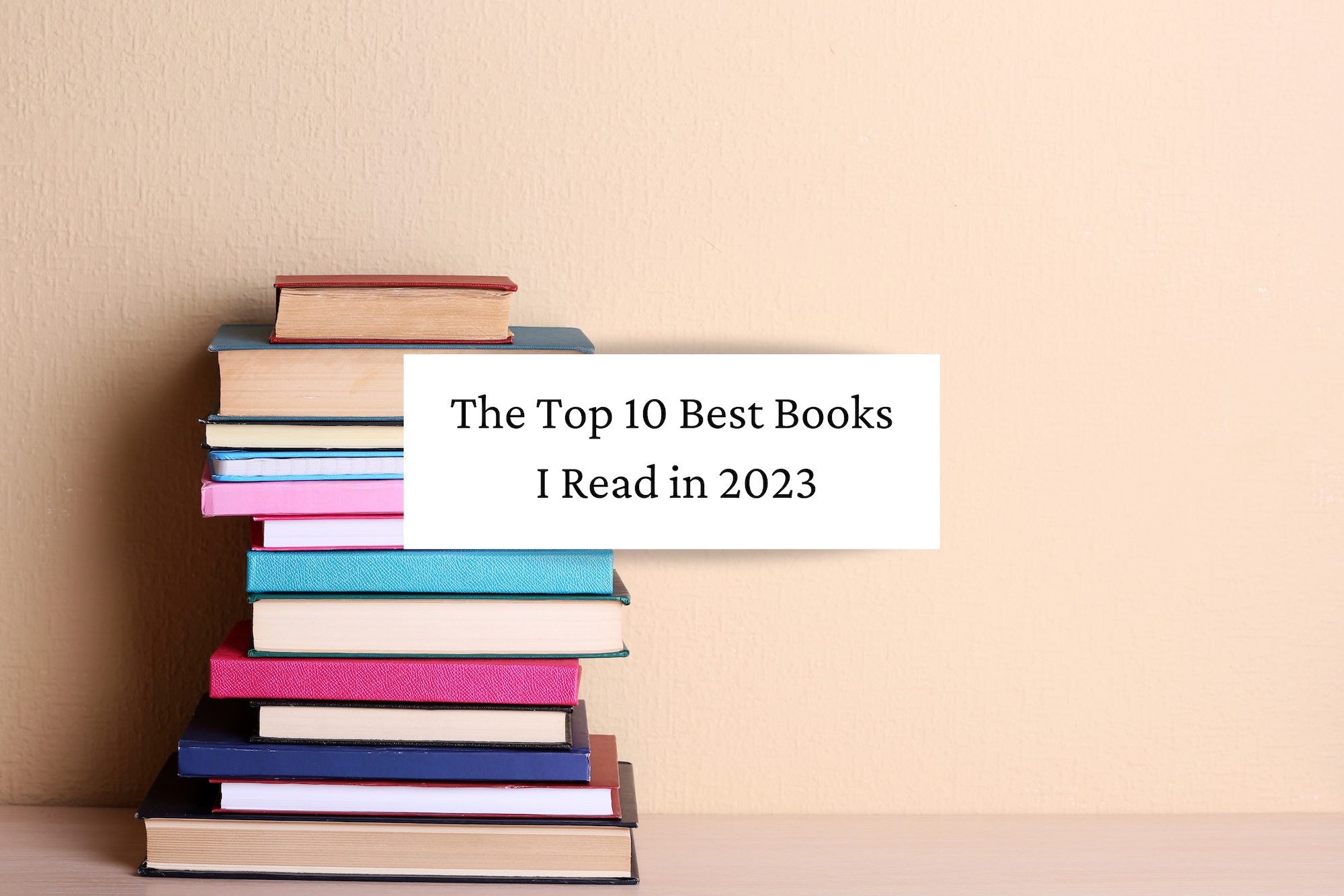For anyone who feels overworked, overscheduled, or stretched too thin, Essentialism is the answer. Essentialism by Greg McKeown is about the Essentialist’s disciplined pursuit of less, but better. And a discipline it is. In my series on Dreaming, I wrote about five books that inspire us to define and pursue our dreams. In this series on Rhythms, I’m writing about five books that encourage us to build rhythms and routines that support our overall vision for the lives we want to live. In this book, author Greg McKeown explains the absolute necessity for the practice of essentialism in order to pursue one’s dreams and make the largest impact possible on the world. But how do we choose which things are essential to us, and an even more difficult task, how do we let go of everything that is nonessential? McKeown explains exactly how to face these difficult questions along with the most important keys to becoming an Essentialist. McKeown writes,
“The way of the Essentialist means living by design, not by default. Instead of making choices reactively, the Essentialist deliberately distinguishes the vital few from the trivial many, eliminates the nonessentials, and then removes obstacles so the essential things have clear, smooth passage. In other words, Essentialism is a disciplined, systematic approach for determining where our highest point of contribution lies, then making execution of those things almost effortless.”

The Nonessentialist and the Essentialist
Here are a few basic differences between nonessentialists and essentialists:
The Nonessentialist thinks, I have to.
The Essentialist thinks, I choose to.
The Nonessentialist thinks, It’s all important.
The Essentialist thinks, Only a few things matter.
The Nonessentialist thinks, How can I fit it all in?
The Essentialist thinks, What are the trade-offs?
The Nonessentialist reacts to what’s most pressing.
The Essentialist pauses to discern what really matters.
The Nonessentialist says “yes” to people without really thinking.
The Essentialist says “no” to everything except the essential.
The Nonessentialist feels overwhelmed and exhausted.
The Essentialist experiences joy in the journey.
I feel like I have a natural tendency towards essentialism and its approach to life. I instinctively gravitate towards the concept of less, but better. I do not want to have a closet bursting with clothes; I want to have a few versatile, perfectly-fitting pieces in my wardrobe. I do not feel like I have to know how to cook a hundred different meals; I want to know how to cook 10 delicious, nutrient-dense meals perfectly. I do not want loads of acquaintances; I want a handful of close relationships that I have set aside quality time to invest in generously. The area in which I most struggle in living like an Essentialist is how I spend my time, which is the main focus of Essentialism.

Time
I think most of us feel at a loss when it comes to time. We often feel like we simply don’t have enough time to do everything we want to do.
For a long time, I bought into the illusion that other people have the ability to control my time. I often blamed others when I found myself attending events I didn’t really want to attend, working on projects I didn’t really want to work on, or volunteering for activities that I didn’t really feel called to. I felt like other people had the power to lay claim to my time any way they saw fit. I felt like I never had the time to devote to the projects and people that matter the most to me.
The thing is, no one controls how my time is spent but me. The problem was not that I didn’t have time to do the things that were important to me, or that other people were controlling my time. The problem was that I did not know how to prioritize the things that are most essential to me, and I didn’t know how to say no to everything else. (Marie Forleo brings up the same concept in the book, Everything is Figureoutable. Read my full review here.) The only solution to this problem is taking radical accountability for how I spend my time. McKeown writes,
“Essentialism: only once you give yourself permission to stop trying to do it all, to stop saying yes to everyone, can you make your highest contribution towards the things that really matter.”
Finally taking full responsibility for my time has allowed me to explore all sorts of solutions in allotting my time appropriately, and has freed me to fully focus on the things that are most important to me.
Less, But (Better)
Essentialism is very similar to the concept of minimalism, with one key difference. Minimalism is about less, but Essentialism isn’t less just for the sake of less. Essentialism is about less, but better. When it comes to minimalism, less is the key; when it comes to essentialism, better is the key. Essentialism isn’t about hoarding your time and energy, it’s about understanding that your time is precious and learning to spend that limited time and energy as purposefully as possible. It’s about saving your time and energy only for the things that are essential, so that you can truly give your all to the things that matter to you. McKeown writes,
“Essentialism is not about how to get more things done; it’s about how to get the right things done. It doesn’t mean just doing less for the sake of less either. It is about making the wisest possible investment of your time and energy in order to operate at our highest point of contribution by doing only what is essential…Essentialists see trade-offs as an inherent part of life, not as an inherently negative part of life. Instead of asking, “What do I have to give up?” they ask, “What do I want to go big on?”
I am inspired by the ways of the Essentialist—are you? Next week, I’m sharing a book on the four rhythms each of us needs to live a balanced life. To stay up to date on all of my new blog posts, join my email newsletter below.
Photos by Kara Buse.





